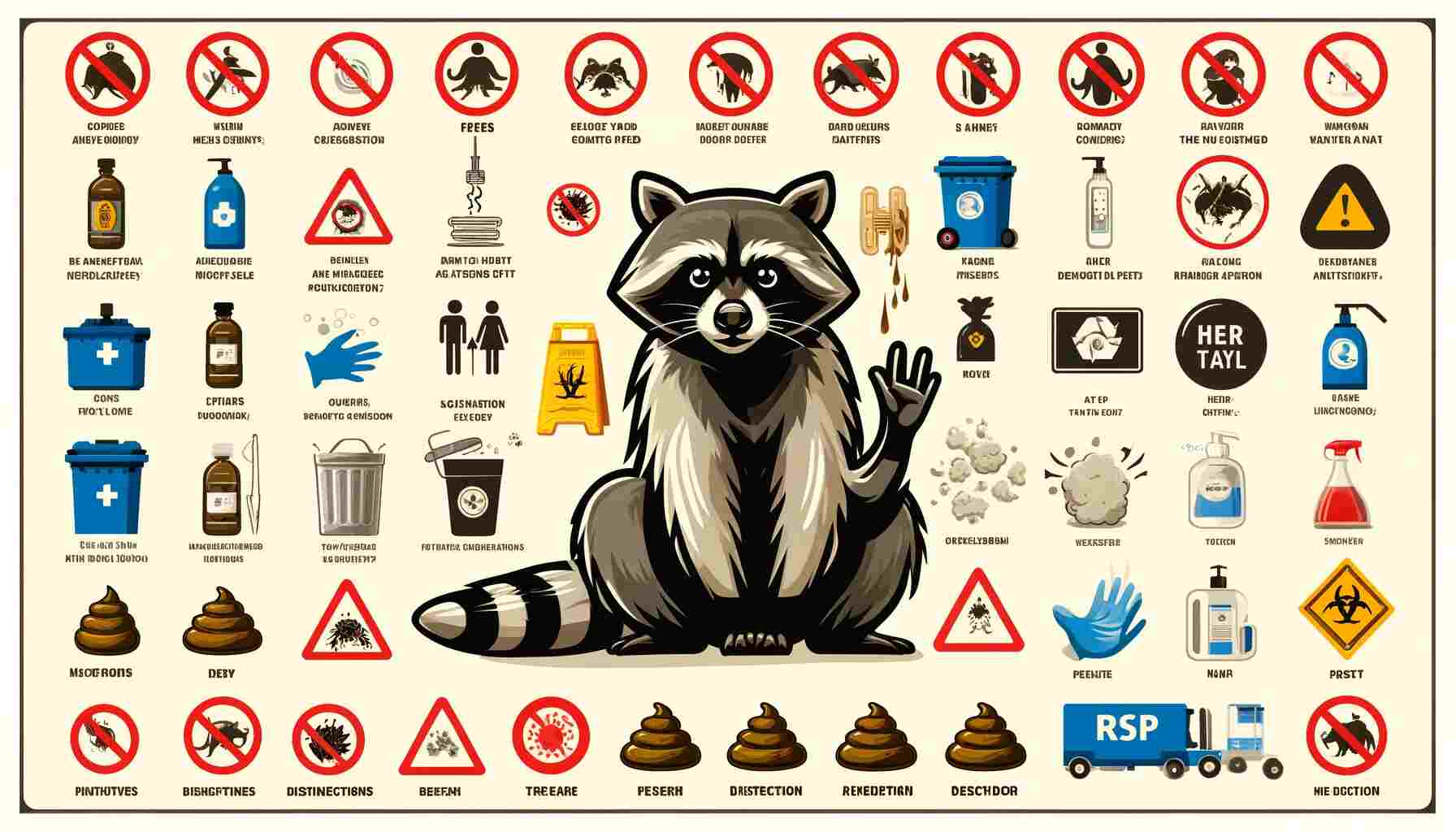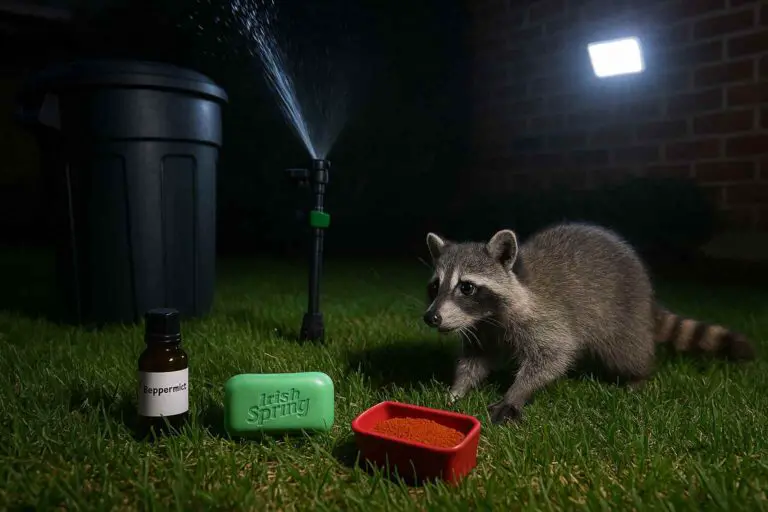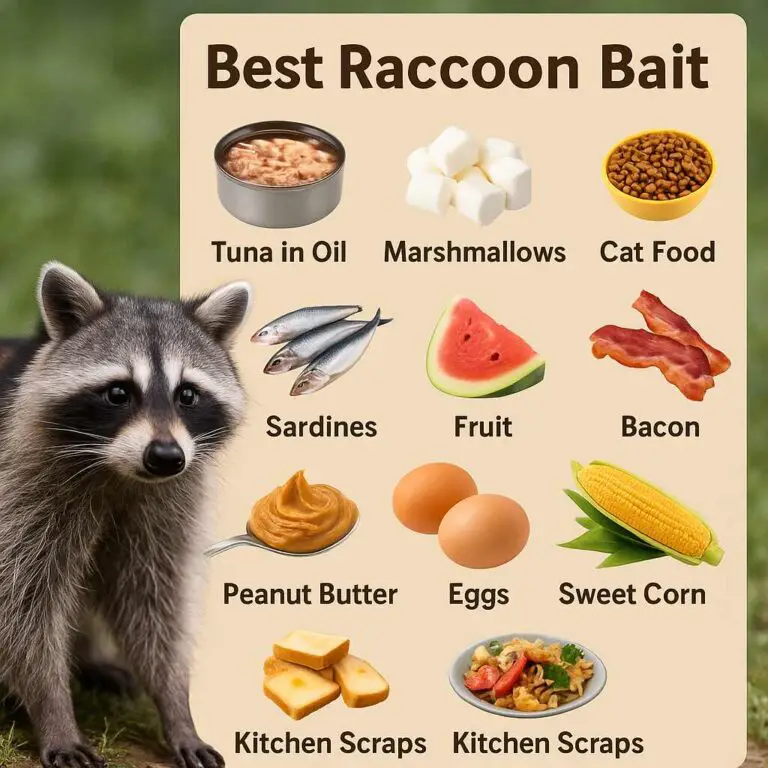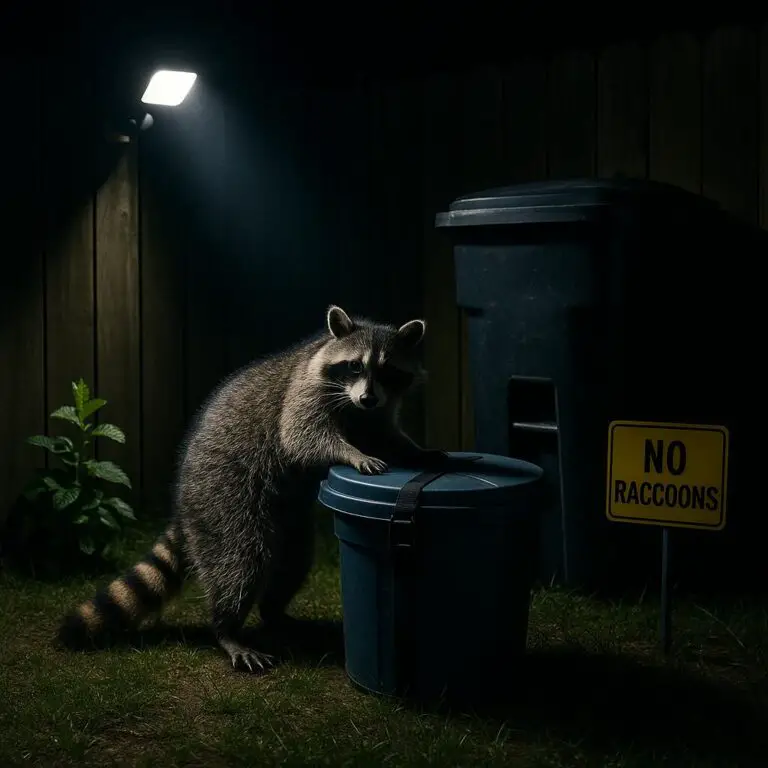Overview of Baylisascaris procyonis and Other Pathogens
Raccoons, while fascinating creatures, can pose significant health risks to humans and pets through their feces. One of the primary concerns is the presence of Baylisascaris procyonis, a parasitic roundworm found in raccoon intestines. This parasite, along with other pathogens, can cause serious diseases if humans or pets come into contact with contaminated feces.
Baylisascaris procyonis
Baylisascaris procyonis is a type of roundworm that commonly infects raccoons. The adult worms live in the raccoon’s intestines, where they produce eggs that are excreted in the feces. These eggs can survive in the environment for years and are highly resistant to adverse conditions. When humans or animals ingest these eggs, they hatch into larvae that can migrate through the body, causing severe damage to tissues and organs.
Life Cycle and Transmission
- Egg Stage: The eggs of Baylisascaris procyonis are excreted in raccoon feces.
- Infective Stage: These eggs become infective after 2-4 weeks in the environment.
- Accidental Hosts: Humans and other animals can accidentally ingest these infective eggs through contaminated soil, water, food, or by handling contaminated objects.
Other Pathogens in Raccoon Feces
Apart from Baylisascaris procyonis, raccoon feces can harbor various other pathogens that pose health risks:
- Leptospira spp.: Bacteria causing leptospirosis, a disease that affects humans and animals. Symptoms include fever, headaches, muscle aches, and in severe cases, liver or kidney damage.
- Salmonella spp.: Bacteria causing salmonellosis, characterized by diarrhea, fever, and abdominal cramps.
- Giardia spp.: Protozoa causing giardiasis, leading to diarrhea, abdominal pain, and nausea.
- Cryptosporidium spp.: Protozoa causing cryptosporidiosis, resulting in gastrointestinal illness with diarrhea and stomach cramps.
Symptoms and Health Impacts of Raccoon Feces Exposure
Exposure to raccoon feces can lead to various health issues, depending on the pathogens involved. Below are the primary symptoms and health impacts associated with exposure to Baylisascaris procyonis and other common pathogens.
Baylisascaris procyonis
Baylisascaris procyonis infection in humans can lead to a condition known as Baylisascariasis. The symptoms and severity depend on the number of eggs ingested and the migration path of the larvae.
Symptoms
- Neurological Symptoms: If larvae migrate to the brain, they can cause severe neurological symptoms such as loss of coordination, weakness, altered mental status, and seizures.
- Ocular Symptoms: If larvae migrate to the eyes, they can cause visual disturbances or even blindness.
- Visceral Symptoms: Migration to other organs can cause damage and inflammation, leading to organ dysfunction.
Health Impacts
- Neurological Damage: Permanent neurological impairment or death in severe cases.
- Ocular Damage: Permanent visual impairment or blindness.
- Organ Damage: Chronic health issues depending on the affected organs.
Leptospirosis
Leptospirosis is a bacterial infection that affects both humans and animals. It is transmitted through contact with water or soil contaminated with the urine of infected animals.
Symptoms
- Flu-like Symptoms: Fever, chills, headache, muscle aches.
- Severe Symptoms: Jaundice, abdominal pain, vomiting, diarrhea, rash.
Health Impacts
- Liver Damage: Hepatitis and jaundice.
- Kidney Damage: Acute kidney failure.
- Respiratory Distress: Severe respiratory issues in advanced cases.
- Meningitis: Inflammation of the membranes around the brain and spinal cord.
Salmonellosis
Salmonellosis is caused by Salmonella bacteria, which can be present in raccoon feces. It is typically transmitted through ingestion of contaminated food or water.
Symptoms
- Gastrointestinal Symptoms: Diarrhea, fever, abdominal cramps.
- Systemic Symptoms: In severe cases, the infection can spread to the bloodstream and other body parts.
Health Impacts
- Dehydration: Severe diarrhea can lead to dehydration.
- Bacteremia: Spread of bacteria to the bloodstream, leading to severe illness.
Giardiasis
Giardiasis is an infection caused by the protozoan parasite Giardia. It is transmitted through the ingestion of contaminated water, food, or contact with infected feces.
Symptoms
- Gastrointestinal Symptoms: Diarrhea, abdominal cramps, bloating, nausea.
- Malabsorption: Chronic infection can lead to malabsorption of nutrients.
Health Impacts
- Weight Loss: Due to malabsorption and chronic diarrhea.
- Dehydration: From prolonged gastrointestinal symptoms.
Cryptosporidiosis
Cryptosporidiosis is caused by the protozoan Cryptosporidium. It is primarily transmitted through contaminated water.
Symptoms
- Gastrointestinal Symptoms: Watery diarrhea, stomach cramps, nausea, vomiting.
- Dehydration: Severe diarrhea can lead to dehydration.
Health Impacts
- Chronic Illness: Especially in immunocompromised individuals, the infection can become chronic and severe.
Raccoon Feces and Human Health: What You Need to Know
Understanding the risks associated with raccoon feces and taking preventive measures can significantly reduce the chances of infection and associated health issues. Here are some key points and strategies to consider:
Preventive Measures
- Avoid Direct Contact: Do not handle raccoon feces directly. Use gloves and protective gear if you need to clean areas contaminated by raccoon feces.
- Clean Contaminated Areas Thoroughly: Use hot water, detergent, and disinfectants to clean contaminated surfaces.
- Secure Food Sources: Prevent raccoons from accessing your garbage or pet food by using secure containers.
- Maintain Hygiene: Wash hands thoroughly after any potential contact with raccoon feces or contaminated objects.
Health Information and Guidelines
- Recognize the Symptoms: Be aware of the symptoms of the diseases mentioned above. Early recognition can lead to prompt medical attention and better outcomes.
- Seek Medical Attention: If you suspect exposure to raccoon feces, seek medical attention promptly, especially if symptoms develop.
- Educate Others: Spread awareness about the risks associated with raccoon feces and preventive measures within your community.
Safe Cleaning Practices
- Use Protective Gear: Wear gloves, masks, and eye protection when cleaning up raccoon feces.
- Dispose of Waste Properly: Seal the feces in a plastic bag and dispose of it in a secure trash bin.
- Disinfect Tools and Surfaces: After cleaning, disinfect any tools and surfaces that came into contact with the feces.
Environmental Control
- Limit Raccoon Access: Secure your property to limit raccoon access to potential nesting sites, such as attics, crawl spaces, and sheds.
- Regular Maintenance: Inspect your property regularly for signs of raccoon activity and take steps to deter them.
Pets and Raccoon Feces
Pets can also be at risk of exposure to raccoon feces. Here’s how to protect them:
- Supervise Outdoor Activities: Monitor your pets when they are outdoors to prevent them from coming into contact with raccoon feces.
- Regular Veterinary Check-ups: Ensure your pets receive regular check-ups and appropriate vaccinations.
- Prompt Cleaning: Clean any areas where your pets have been exposed to raccoon feces immediately and thoroughly.
Unique Findings and Statistics
- Prevalence of Baylisascaris procyonis: A study published in the Journal of Veterinary Parasitology found that approximately 68-82% of raccoons in the United States are infected with Baylisascaris procyonis, highlighting the widespread nature of this parasite.
- Survival of Eggs: Baylisascaris procyonis eggs can survive in the environment for up to several years, making contaminated areas a long-term health hazard.
- Human Infection Cases: According to the Centers for Disease Control and Prevention (CDC), there have been over 30 documented cases of human Baylisascariasis in the United States since it was first identified, with many cases resulting in severe neurological damage.
- Leptospirosis in Pets: The American Veterinary Medical Association (AVMA) notes that leptospirosis is increasingly recognized as a re-emerging infectious disease among dogs, particularly those that are exposed to wildlife or live in areas with high raccoon populations.
- Economic Impact: A study in the journal Environmental Health Perspectives estimated that zoonotic diseases from wildlife, including those transmitted by raccoons, result in billions of dollars in healthcare costs and lost productivity annually in the United States.
Conclusion
Raccoon feces can harbor a variety of pathogens, including Baylisascaris procyonis, Leptospira spp., Salmonella spp., Giardia spp., and Cryptosporidium spp. Exposure to these pathogens can lead to serious health issues for humans and pets. Understanding the risks, recognizing symptoms, and taking preventive measures are crucial to protecting yourself and your loved ones from these potential dangers.
By following safe cleaning practices, maintaining good hygiene, and educating your community, you can significantly reduce the risk of disease transmission from raccoon feces. Always seek medical attention if you suspect exposure to raccoon feces and exhibit symptoms of infection.
Stay informed and vigilant to ensure a safe and healthy environment for everyone.
For more detailed information, you can refer to credible sources like the CDC’s Baylisascaris Infection page and the AVMA’s resources on leptospirosis.








